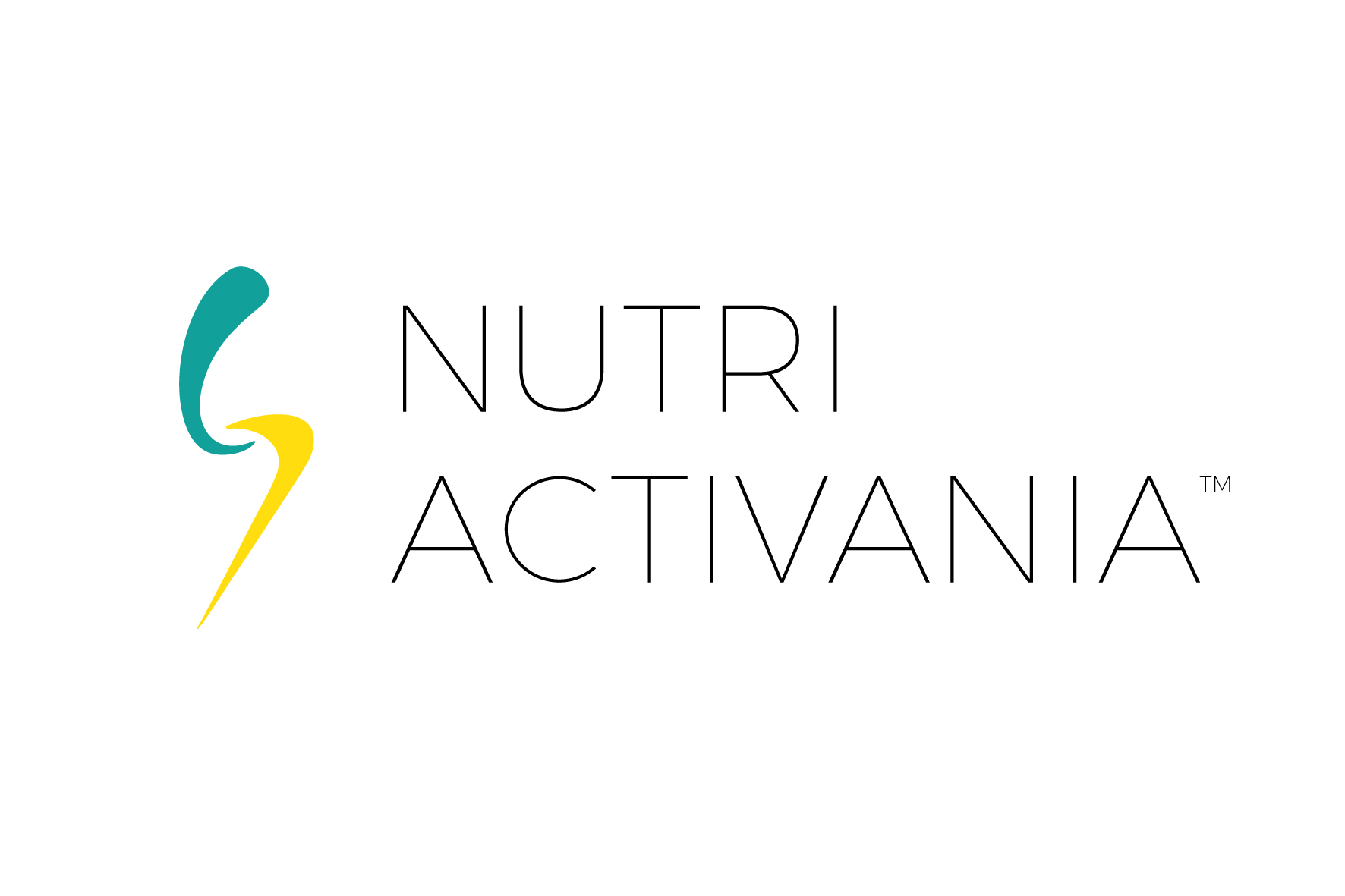It is a matter of grave concern for endurance athletes that they should not suffer from gastro-intestinal issues like nausea, abdominal cramps, vomiting and diarrhoea during competition and even otherwise as it affects their performance and general well-being. The normal functioning of the GI tract gets disturbed by excessive physical activity and emotional stress associated with competitiveness. The intake of fluid and food is sometimes cut down by the athletes during exercise which leads to dehydration and a decrease in the volume of blood. Diarrhea and cramping occur more often in runners than other athletes because constant activity for a longer period may sometimes injure the walls of the colon.
Problems arising because of abdominal or intestinal malfunction can best be prevented by staying well hydrated at all times. Also, having a regular eating and bowel routine helps. It would help the athletes if they avoid gas forming foods like carbonated beverages, legumes, broccoli, cabbage and other foods that have a lot of fibre during or before their exercise routine. Artificial sweeteners like sorbitol and aspartame, caffeine also interfere with the digestive system if taken just before the exercise regimen. Endurance athletes should try out various foods and drinks during early training under the guidance of a professional health care provider and then finalise the meals that suit him best. Drinking sufficient before any athletic competition is important and medication should be taken only if absolutely necessary for gastro-intestinal problems.
WHAT IS THE BEST SPORTS DRINK TO CONSUME DURING EXERCISE
Endurance athletes need a well formulated commercial sports drink with 4%-6% carbohydrate concentration to replenish their fluids and electrolytes that they lose during training and exercise. It has been found that if a small amount of protein , which is approximately 20% of total calories, is added to the carbohydrate- based sports drink, then the athletes perform better and recover faster too. The carbohydrate-protein (CHO+P) ratio should not be more than 4:1 in a beverage.
About the author: Avni Kaul is India’s most trusted nutritionist and wellness coach. She is a certified nutritionist as  well as Diabetes Educator and specializes in weight management, child nutrition, skin and beauty health, thyroid disorder, cardiovascular health, diabetic management, wedding nutrition, sports nutrition, and corporate wellness.
well as Diabetes Educator and specializes in weight management, child nutrition, skin and beauty health, thyroid disorder, cardiovascular health, diabetic management, wedding nutrition, sports nutrition, and corporate wellness.
- WORLD BLOOD DONOR DAY - June 14, 2019
- How To Cope with Organizational / Professional Stress with Simple and Easy Diet change? - March 15, 2019
- 5 Essential Nutrients you must have Every Day for Beautiful & Healthy Skin - February 23, 2019
